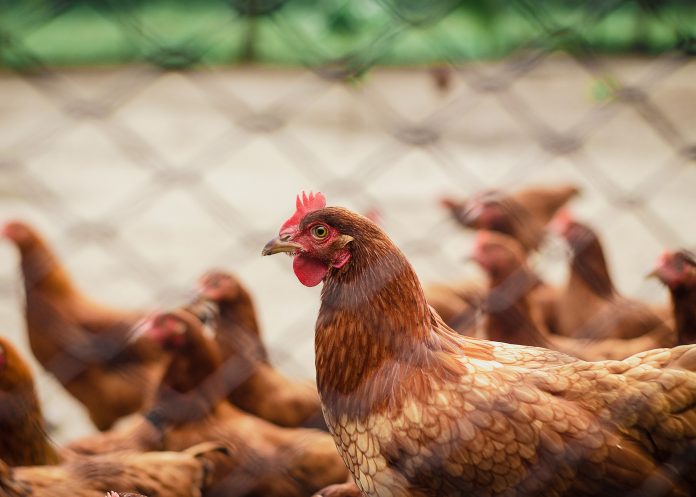The South African Poultry Association (Sapa) says there are signs that the bird flu outbreak is waning after the number of cases reported weekly peaked about four weeks ago.
7.5 million chickens (5 million commercial layers and more than 2.5 million broiler breeders) have been culled since the outbreak in May this year in Mpumalanga.
This represents around 20-30 percent of South Africa’s entire chicken stock.
The Association’s Izaak Breitenbach explains they are still asking the government that chickens must be vaccinated, as the H7 strain is much more virulent, and the “stamp-out” policy (large scale culling) was not as effective as it was in 2017 and 2021.
The Association is waiting to approval from government for vaccinations to commence.
Breitenbach says there will be a shortage of chicken meat, especially over December, but they have mitigating factors that will lessen the impact.
This includes a build up of poultry meat stocks over the winter period, which will be ”flushed” out once the demand starts increasing.
In addition 21.5 million fertilised eggs are being imported which will hatch later this year and which will then be slaughtered to replenish the stock of chicken.
He says import companies will also import more chicken, precisely because they see that there is a shortage.
“There will still be a deficit in December, but it will be smaller because so much is being imported,” says Breitenbach.
On the egg side, a shortage has already been experienced, with some retailers rationing consumers.
The Poultry Association said earlier this week that its members will be reducing exports of table eggs, which will be diverted to local supermarkets and restaurants.
In addition, all local eggs earmarked for processing to create liquid egg products, often used in industrial baking, will be held back for use as table eggs.
Powdered and liquid eggs will also be imported from markets such as the EU and Brazil, as it is quicker than trying to import fresh table eggs.


